In the modern agricultural landscape, the demand for efficient and effective fertilizers has reached unprecedented levels. As farmers strive to increase crop yields to meet the needs of a growing global population, Granule NPK Fertilizer Production Lines have emerged as a pivotal solution. These production lines are designed to manufacture granular NPK fertilizers, which provide essential nutrients—nitrogen (N), phosphorus (P), and potassium (K)—in balanced proportions. This article will delve into the innovations in granule NPK fertilizer production lines and their impact on enhancing crop yields.
The Importance of NPK Fertilizers in Agriculture
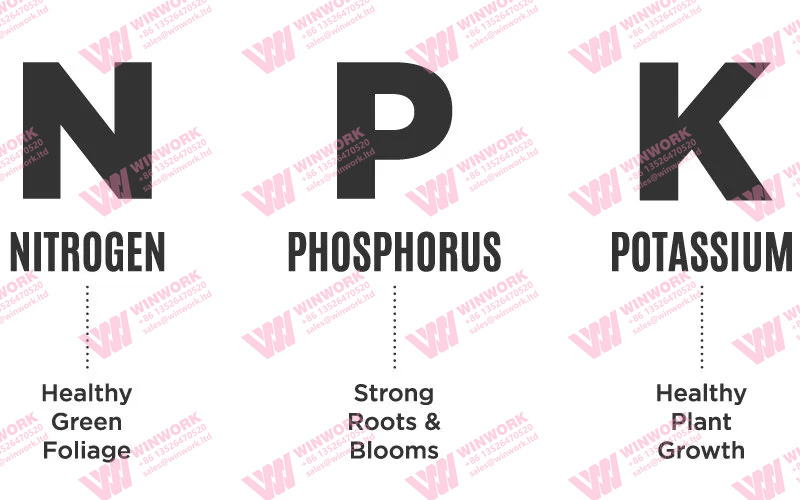
NPK fertilizers are crucial in modern agriculture due to their role in providing essential nutrients that support plant growth and development. Each component of NPK serves a specific function:
- Nitrogen (N): Vital for vegetative growth, nitrogen promotes leaf and stem development, ensuring robust plant health.
- Phosphorus (P): Important for root development and flowering, phosphorus enhances energy transfer and overall plant vigor.
- Potassium (K): Critical for water regulation and disease resistance, potassium helps plants withstand environmental stresses and improves fruit quality.
The balanced application of these nutrients is essential for achieving optimal crop performance, making granule NPK fertilizers indispensable for farmers.
How Granule NPK Fertilizer Production Lines Work
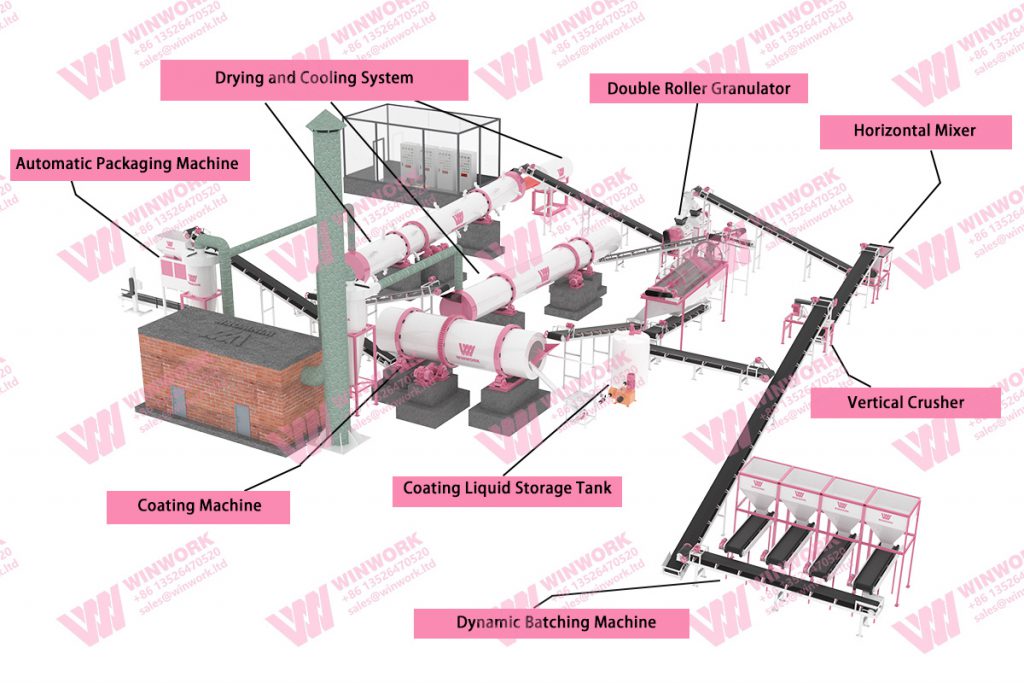
The production of granule NPK fertilizers involves several key processes, each utilizing specialized machinery to ensure efficiency and quality. Here’s an overview of how Granule NPK Fertilizer Production Lines operate:
a. Raw Material Preparation
The production process begins with the selection and preparation of raw materials, which typically include nitrogen sources (like urea or ammonium nitrate), phosphorus sources (such as phosphate rock or phosphoric acid), and potassium sources (like potassium chloride). These materials must be of high quality to ensure the effectiveness of the final product.
b. Mixing and Blending
In this stage, the raw materials are precisely mixed in the desired proportions to create a homogeneous blend. The Granule NPK Fertilizer Production Line utilizes advanced mixing equipment to ensure that all components are evenly distributed. This step is critical for creating a balanced fertilizer that delivers nutrients uniformly to plants.
c. Granulation
The granulation process is where the mixed materials are transformed into granules. Granulators are used to compact the blended materials, forming uniform granules that are easy to handle, transport, and apply. There are several granulation methods, including:
- Wet Granulation: Involves adding a liquid binder to the mix, causing the particles to adhere together and form granules.
- Dry Granulation: Utilizes mechanical pressure to compact the materials into granules without additional liquid.
The choice of granulation method affects the characteristics of the final product, including granule size and solubility.
d. Drying and Cooling
After granulation, the granules must be dried to remove excess moisture. This step is essential for enhancing the stability and shelf life of the fertilizer. Drying equipment, such as rotary dryers, is commonly used to achieve the desired moisture content. Following drying, the granules are cooled to prevent clumping during storage.
e. Screening and Packaging
The final stage involves screening the granules to ensure uniform size and quality. Any oversized or undersized particles are removed to maintain product consistency. After passing quality control checks, the NPK fertilizer is packaged in bags or bulk containers for distribution to farmers.
Innovations in Granule NPK Fertilizer Production Lines
Recent advancements in technology have significantly improved the efficiency and effectiveness of Granule NPK Fertilizer Production Lines. Here are some key innovations that are transforming fertilizer production:
a. Automation and Control Systems
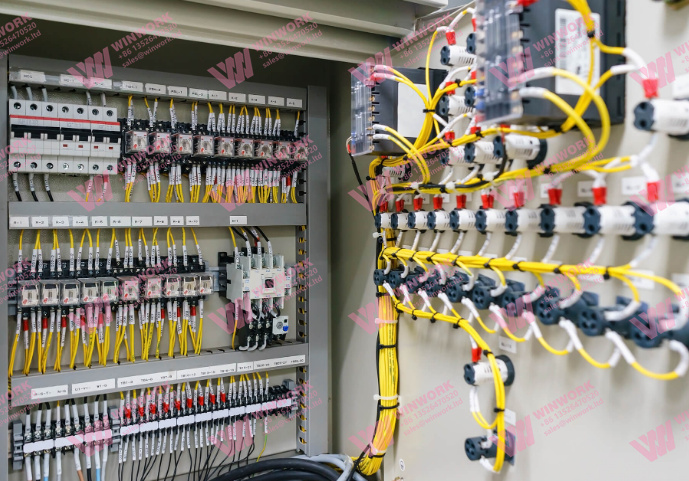
Modern production lines incorporate automated systems that monitor and control various processes, from raw material handling to final packaging. These systems use sensors and data analytics to optimize production, ensuring consistent quality and reducing waste. Automation enhances efficiency by minimizing labor costs and the risk of human error.
b. Advanced Granulation Technologies
Innovative granulation technologies, such as high-shear granulation and fluidized bed granulation, are being adopted to improve product quality. These methods allow for better control over granule size, shape, and density, resulting in fertilizers that dissolve more readily in soil and are more effective for plant uptake.
c. Sustainable Practices
With increasing emphasis on sustainability, many NPK fertilizer production lines are adopting eco-friendly practices. This includes using recycled materials and byproducts in the production process, reducing waste, and minimizing the environmental impact. Some facilities are also exploring bio-based fertilizers that offer a more sustainable alternative to traditional NPK fertilizers.
d. Precision Fertilization
Advancements in precision agriculture are influencing NPK fertilizer production as well. By integrating data from soil sensors and crop monitoring systems, manufacturers can produce customized fertilizer blends tailored to specific field conditions. This targeted approach enhances nutrient use efficiency, leading to improved crop yields and reduced environmental impact.
The Economic Impact of Granule NPK Fertilizer Production Lines
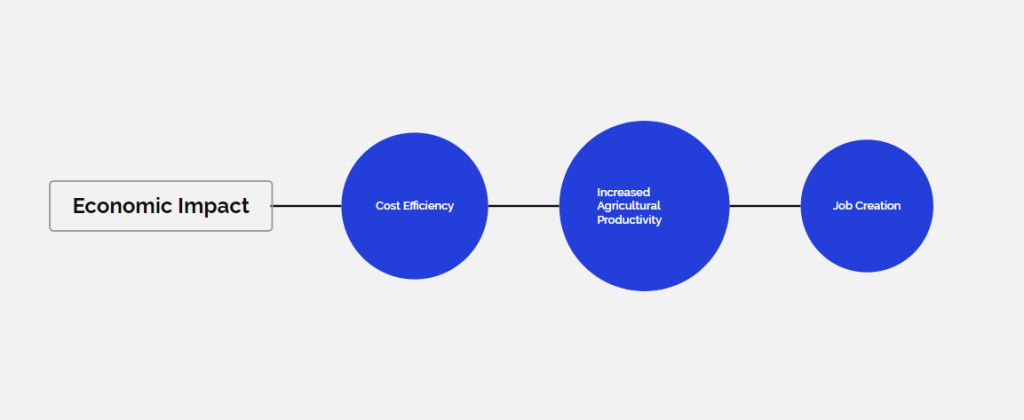
Investing in Granule NPK Fertilizer Production Lines offers several economic benefits:
a. Cost Efficiency
By producing fertilizers locally, manufacturers can reduce transportation costs and improve accessibility for farmers. This is particularly important in regions where farmers may struggle to obtain high-quality fertilizers at reasonable prices.
b. Increased Agricultural Productivity
The availability of well-formulated NPK fertilizers contributes to higher crop yields. Farmers who have access to effective fertilizers can optimize their production, leading to increased profitability and economic growth in agricultural communities.
c. Job Creation
The establishment of NPK fertilizer production lines generates employment opportunities within local communities. These jobs can range from manufacturing and distribution to sales and support services, contributing to local economic development.
Conclusion
The Granule NPK Fertilizer Production Line is an essential component of modern agriculture, providing a reliable and effective means of delivering vital nutrients to crops. With ongoing innovations in production technology and a focus on sustainability, these production lines are poised to enhance agricultural productivity while minimizing environmental impact.
As the world faces increasing food demands, investing in efficient and effective NPK fertilizer production will be crucial for supporting global food security. By leveraging the advantages of granule NPK fertilizers, farmers can achieve higher yields, improve soil health, and contribute to a more sustainable agricultural future.


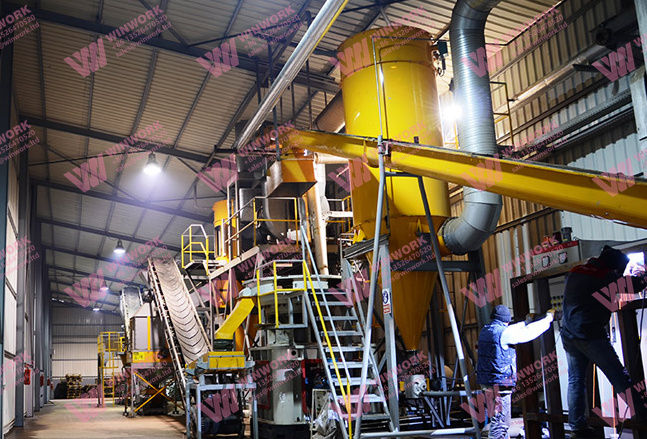
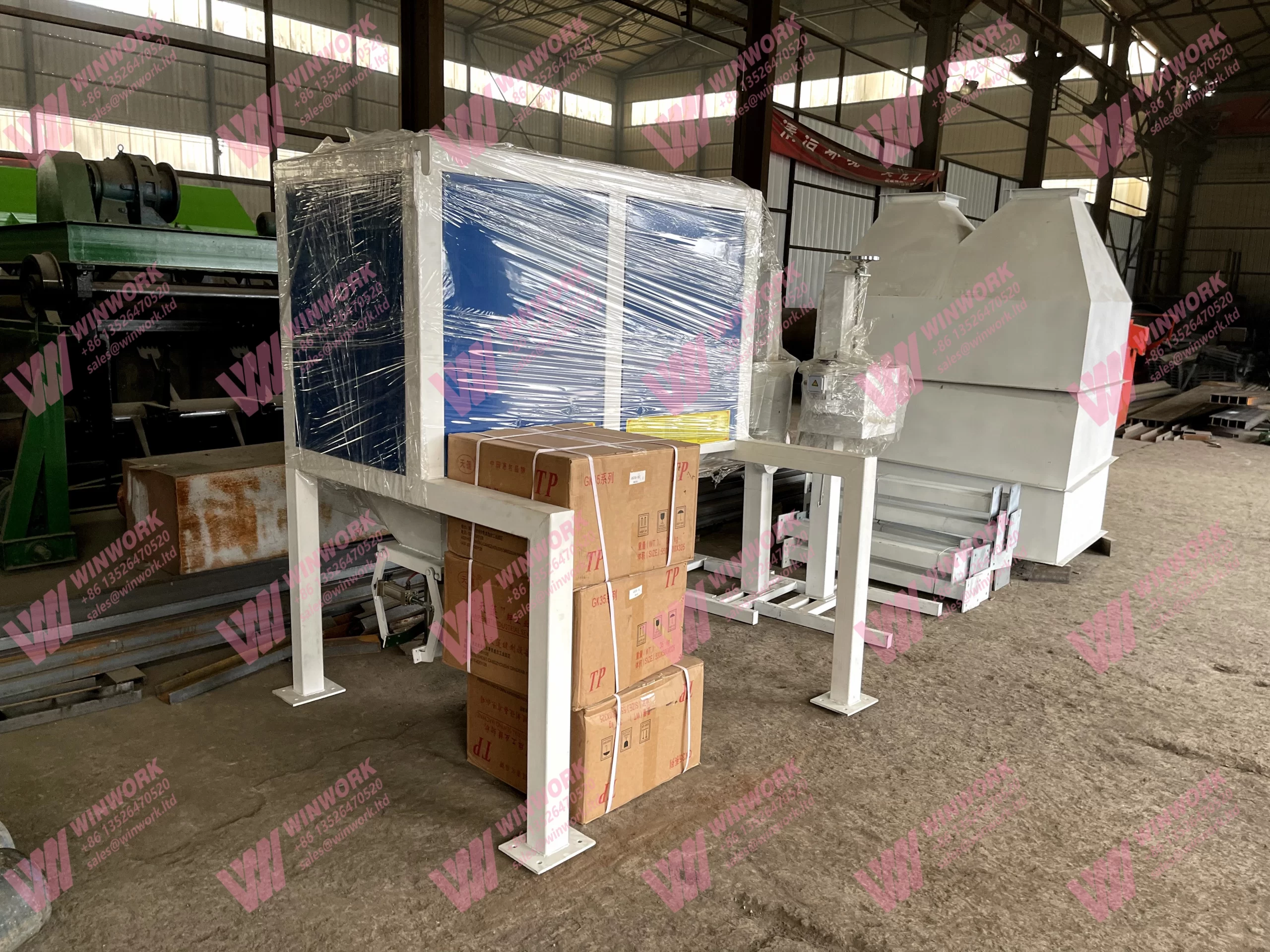
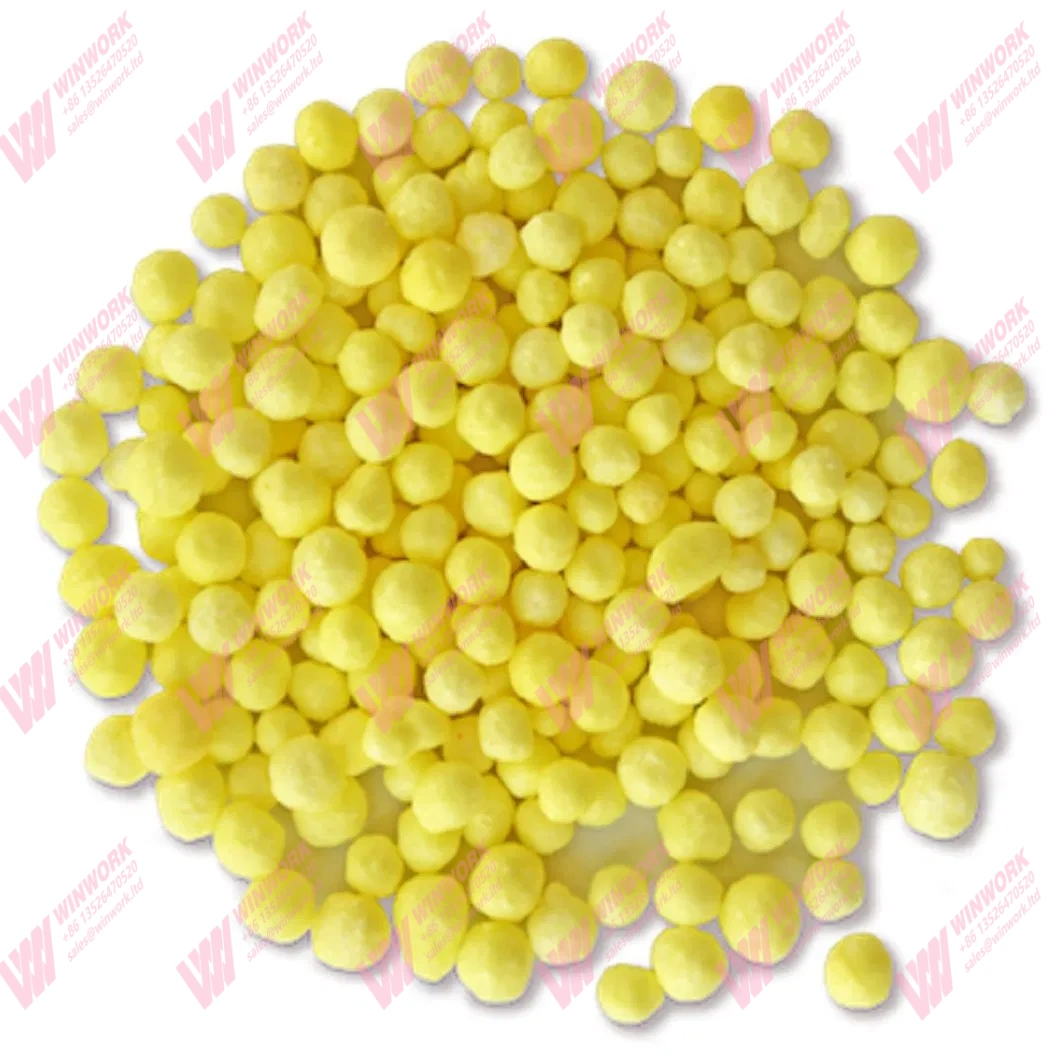
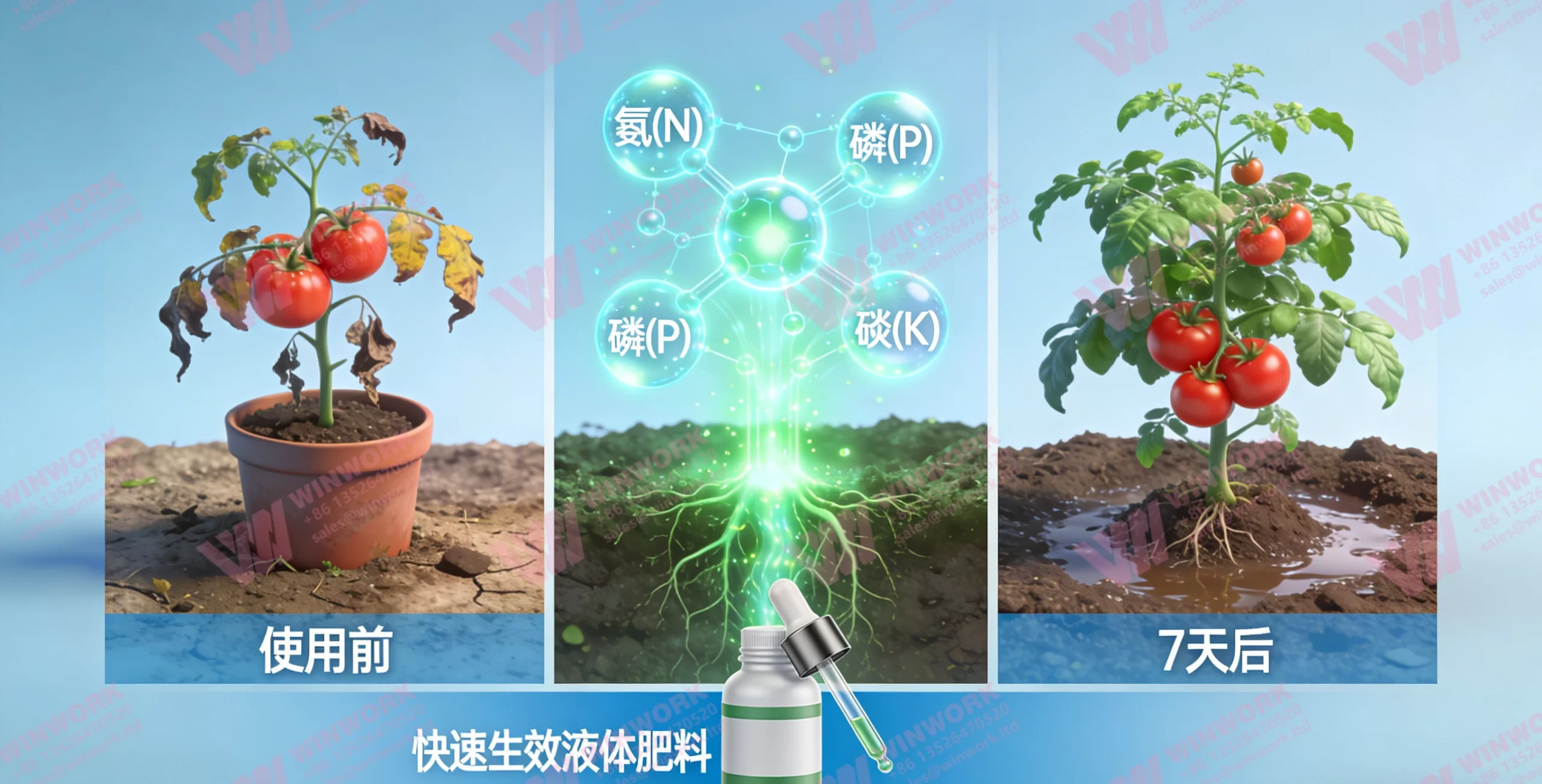
Get A Quote